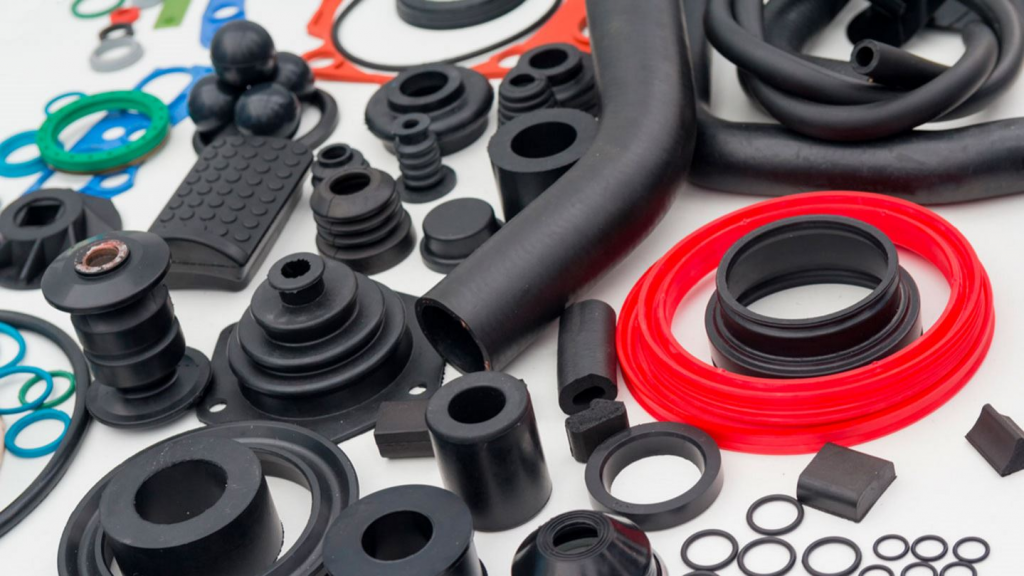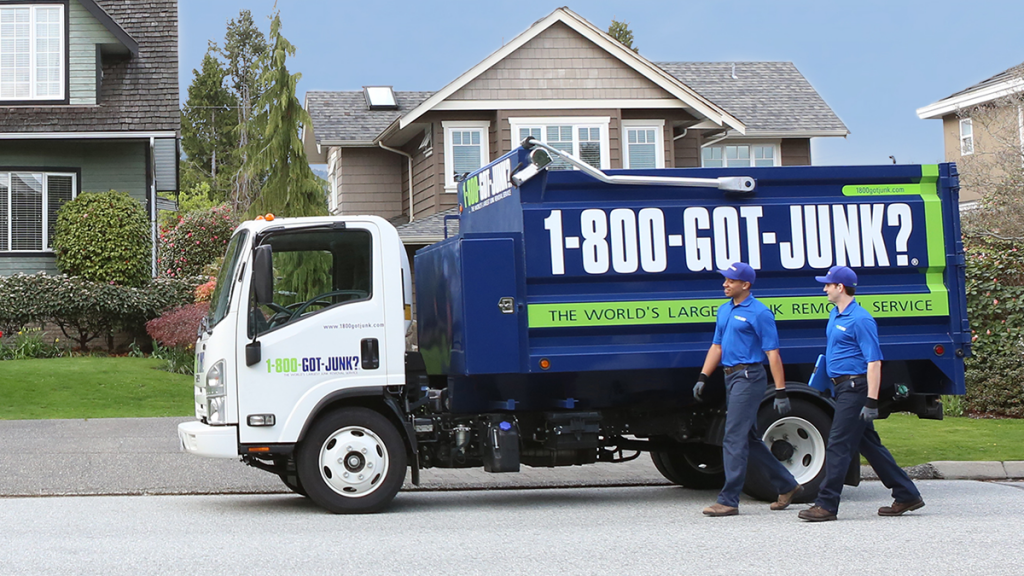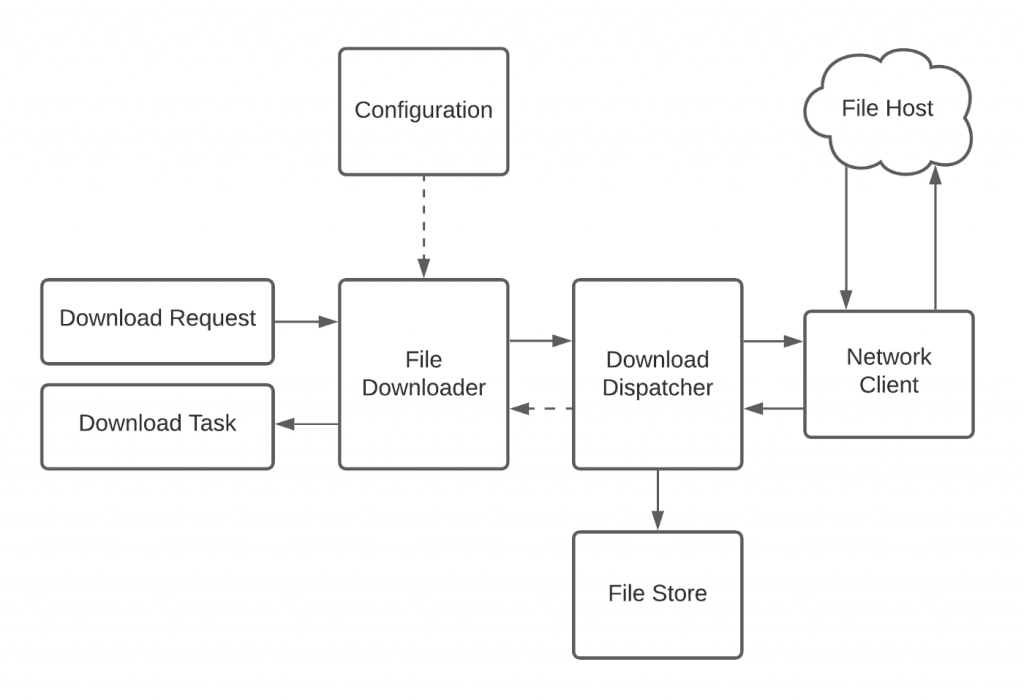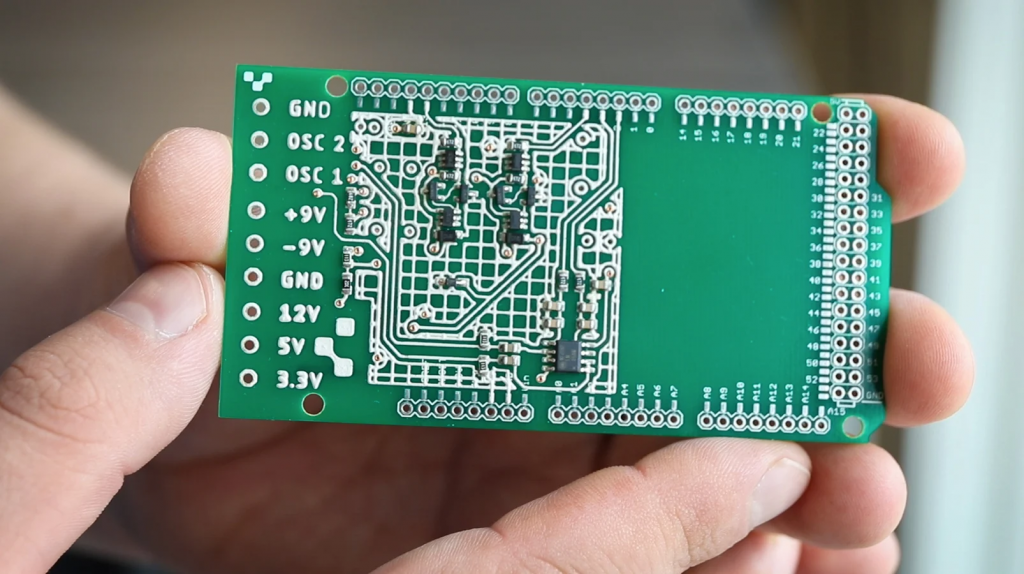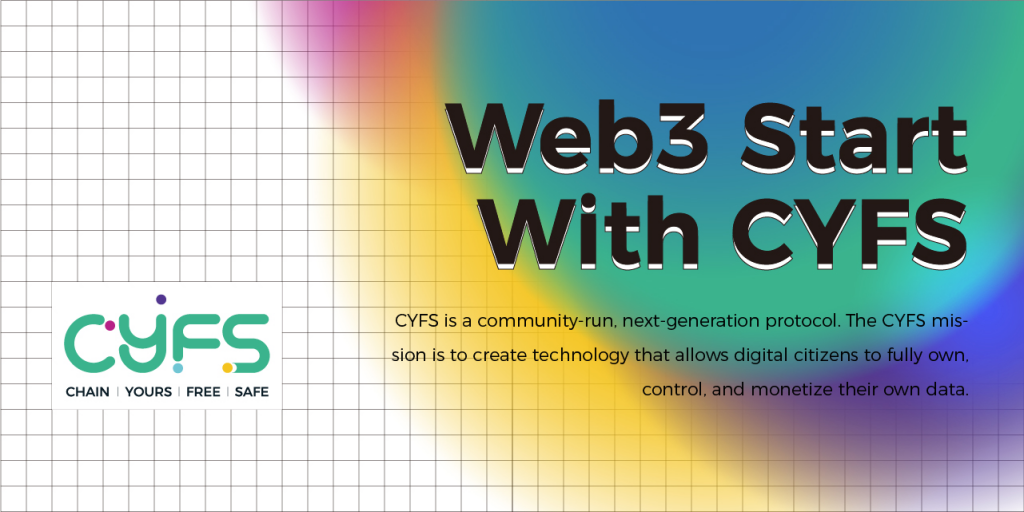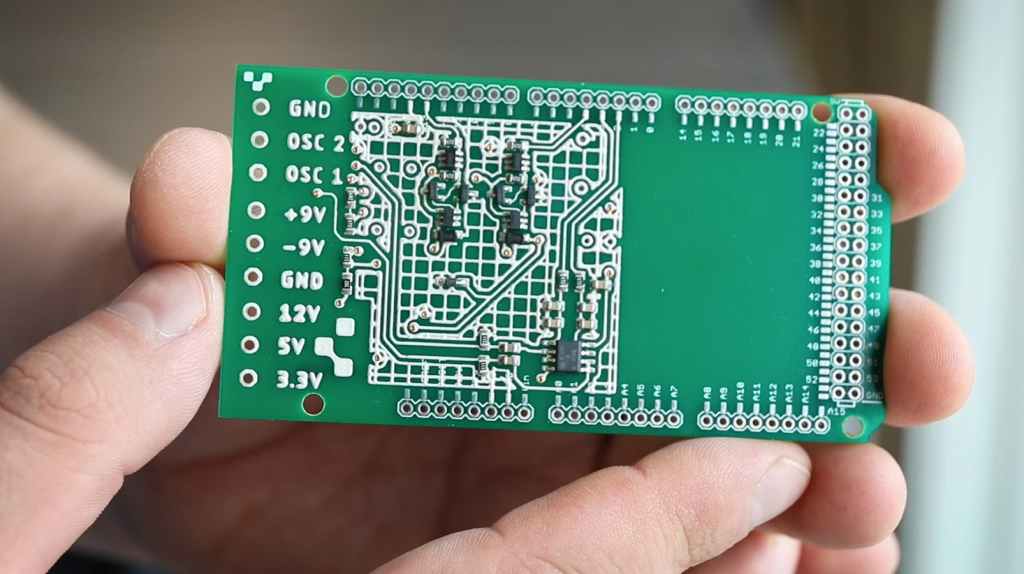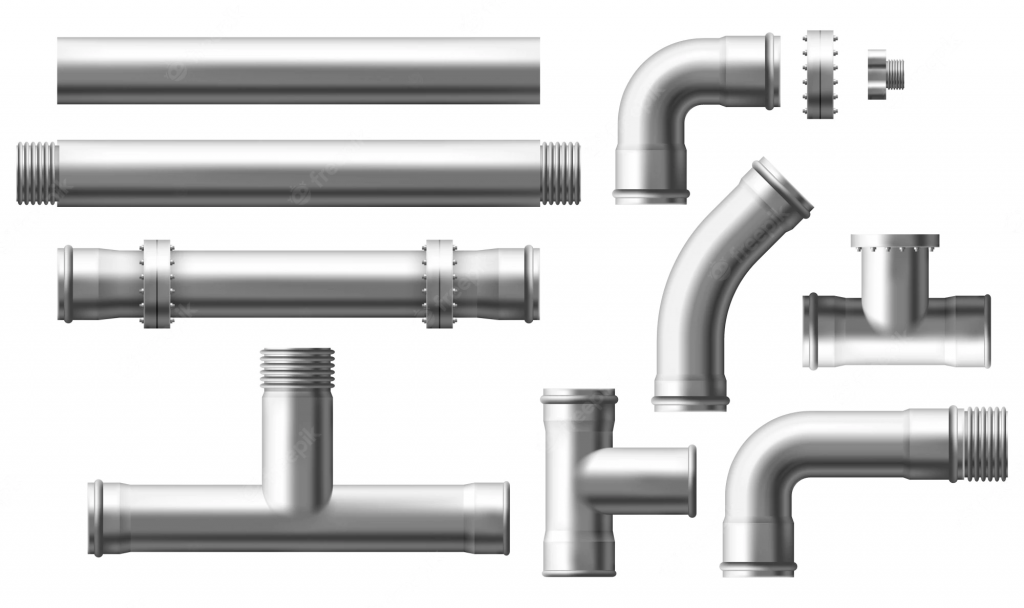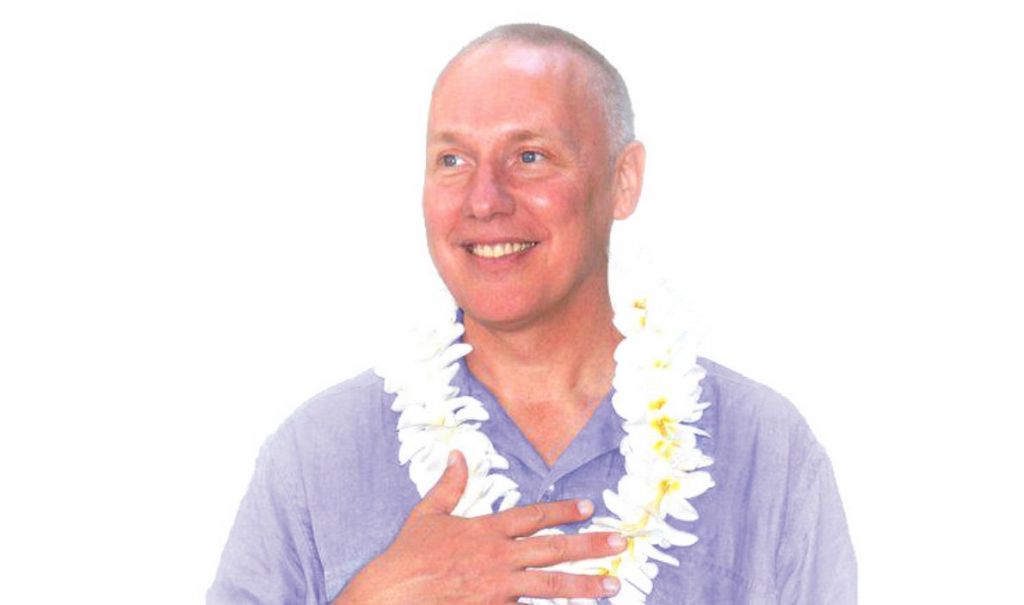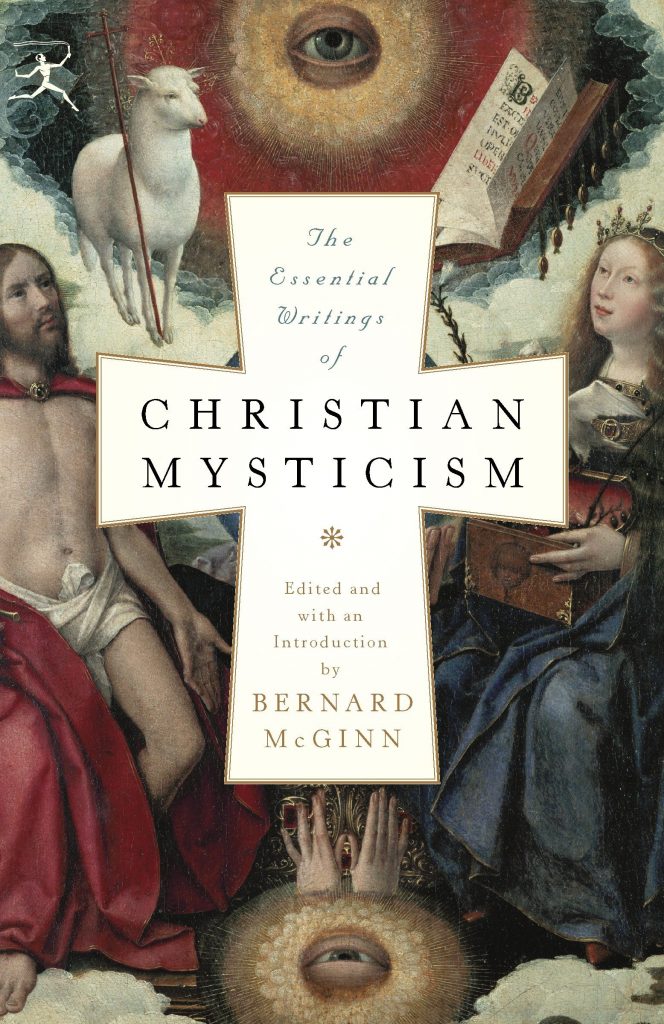Our candidates for office concentration, truly, on funding for first responders, on the security of our neighborhoods, and on the willingness and actions of our armed allows to thwart terrorist threats. Likewise, the chose officials in our legislative bodies discussion, unfortunately not at all times achieving agreement, on regulations and measures to prevent horrific bulk shootings, or possession of fire arms by criminals, company people and psychologically unstable.We do not see the same extreme political give attention to steering clear of the emotionally distraught, as unique from the mentally unstable or legally wicked, from use of firearms for suicide.
The media provide something by highlighting what we are able to do and to whom we could contribute to provide rest from all selection of normal disasters. And needless to say natural disasters not merely provide casualties, but great and wrenching bodily and economic damage.The media don’t spotlight thoroughly or as assuredly what we can do or even to whom we can contribute when center problems, or commercial incidents, or auto incidents, get the life span of a family group breadwinner, making young ones and spouses not just in suffering in financial distress.
Our corporations nicely subscribe to charitable causes, in good quantities, and run, sometimes, ads supporting life-savings attempts and organizations. But by-and-large the promotion and advertising of those companies moves for their services and products and solutions, to the increased system of washing soap, or the upcoming season’s fashion addition, or the included feature on the modern digital device.
Our personal actions likely reflect the media emphasis. We may have written our mayor to get bullet-proof vests for our police officers. We may have filled food for disaster preparedness. We may stay in certain seats in an airplane in case there is a crash. We may have prayed for the lives of our fallen soldiers. We’ve likely led food, or outfits, or money, for tragedy victims. We may also have purchased a rifle for defense from an armed robbery.
But I should say I’ve seldom seriously considered, and probably many of us have likewise perhaps not thought carefully about, the adequacy of the suicide avoidance applications in the neighborhood schools. Nor have we likely considered the trade-offs in giving heart defibrillators to high risk people and associated instruction to relatives. Nor do the majority of us know whether a Congressional committee has learned if other countries have greater cancer prevention. We probably have inked nothing of the partly because doing this requires complexity but also because press revealing doesn’t note such steps.
Equally, we likely experience the miasma (aka impenetrable fog) of government finances, and the version costs of corporations for progress, and of universities for research. What do we realize about them? How powerful are they? What and who decides their material and units their funding? But these efforts are important your saving. Automobile safety programs, cancer treatments, coronary arrest preventions, medicine rehab applications, and a large number of other attempts depend on and are run by government, corporations and universities. But we all know, in most people, small about them, and ergo about their efficiency and effectiveness.
Media concentrate on terrorism offers ideas in to authorities success for safety; insufficient media give attention to routine deaths effects in little, if any, information in to costs for crucial living keeping programs in government, corporations and universities.I do not criticize here. Candidates must discuss funding for authorities; press must publicize agencies taking donations for hurricane reduction; corporations could be permitted to advertize their product. And undoubtedly our personal activities are appropriate and completely reasonable.
But we do see a relationship, or at the least a correlation, between the press reporting on the factors behind fatalities, and the attention directed at prevention. The attention seems to check out, at time clearly, the degree of reporting. That helps our problem, that media confirming, and likely other facets, skews actions against deaths, at the least slanted enough that the equalizing becomes warranted. And equalizing perhaps not through reducing recent measures against causes obtaining stress, but through more activity on those causes maybe not obtaining the maximum amount of emphasisEqualizing the Harmony
Almost all of us, at a while, have seen a sad incident, a local, personal one, an incident beneath the radar of press reporting. The episode happened to a relative, or neighbor, or employee, or buddy, or just in our neighborhood. And the incident involved a coronary attack, or a car incident, or even a miscarriage, or a cancer. And we question why it’d to take place, and issue what might have been performed, and how those impacted will take on.
Similarly, we each experience risks of death, from related, individual, less-reported triggers, again under the media radar. Hence, our greatest risks sit perhaps not in plane crashes, or storms, or even shootings, but instead in the normal causes. For the ages of 45 through 64, medical problems — cancer, heart problems, kidney issues, diabetes — cause by far the causes of death. Even yet in younger ages of 25 through 44, medical problems continue as a leading reason for death, but joined by automobile accidents, destruction and drug overdoses.Thus, equally as we search backward at deaths we know personally, and forward at the most likely causes of our demise (and maybe more pointedly the likely causes for our household and liked ones), those triggers rest not in the extremely described or special situations, in normal, recurring conditions.
That personal perspective allows us a basis from which to adjust our balance. Once we absorb the everyday media reporting of armed killings, or become caught by the continuous protection of an enemy strike, or hear ongoing sectors on the research of a large shooting, we are able to harmony that perspective with our personal personal experience of how these around people transferred, and how exactly we most likely may die, that will, with high confidence, perhaps not be through these causes that pull heavy media coverage.With an altered perspective we can alter our measures, never to attention or do less but to enhance the problems and measures we try forestall fatalities.
Therefore, we may keep that solicitation from a charity performing heart research and send right back an always check for a number of dollars. We might ask an election choice about their proposals for stopping suicides among our senior school and school students, or improving first responder engineering for coronary attack victims. We may check always down yes at the checkout of the grocery store on a request to offer a few dollars to kid cancer prevention. We may write an email to the area TV place seeking broader insurance of drunk driving deaths. We might acquire a written report on government cancer research or search a medical condition on the internet.
Equally, we may develop a more nuanced examination of government and corporations. If we just have a cursory approach, maybe we see the very first of those as inefficient and bureaucratic, and the second of those as greedy and uncaring. But government and corporations, making use of their measurement, sources, experience and range, may complete objectives beyond our reach as specific citizens.
Consider, as an example, that government can sponsor progress of original equipment interlocks (i.e. not just one that waits till a drunken driver is convicted, or worse injures or eliminates someone) to prevent drunken persons from running a car, and then issue tips and rules stimulating their introduction. Such engineering today lies significantly attainable, and, behind the displays, work with that progresses. But no surface swell exists, number urgency has arisen, no Congressional hearings have produced headlines, essentially no awareness exists.
Likewise, as you and I can’t individually discover cures for important diseases, corporations and universities may effortlessly work towards that goal. Media makes us conscious when corporations make a tainted solution, or when universities become found in a totally free presentation problem encompassing a controversial speaker. But just little revealing does occur, and no floor swell has arisen, over whether corporate and college research on disease products has progressed many effectively or effectively.
Heart problems stem from multiple triggers — heredity, particular behaviors, day-to-day pressure, diet, environmental factors. Sixty thousand people between age 25 and 54 die annually from center attacks and connected circulatory situations, and around a half million across all ages. The varied and complex reasons for heart problems, and the distinctions of the causes for the 25 through 54 class, mandate that diverse and sophisticated measures are expected to cut back these deaths.
We don’t, but, have considerable or detail by detail question on arising the toll of deaths from these medical conditions. Do we want more research? Could community attempts to improve particular habits and diet show successful? Must we control Heavy News aspects of food, and how important a part does control of setting contaminants perform? Does our current medical process properly analyze center (and cancer) conditions and effortlessly offer preventive and reactive cures?
Given the existing press inclination to the initial and mentally powerful (and the overwhelming, but clear, emphasis of corporate marketing on the products), this type of question has not readily broken through to be a regular function of media information reporting. But through our combined individual awareness, we hopefully can shift the debate up a few notches. We are able to lead, we are able to create, we could issue, we are able to when seeing the news merely interject that like everyone we abhor and hate terrorists and bulk killers, but also have compassion for folks who die also young of center problems, or from destruction, or drunk driving. And that individuals have issue whether enough is being done to avoid such deaths.
Consider your final scenario. Envision we obtained, every day, or perhaps each week, a short personal media briefing, five to five minutes, on deaths of men and women our era, or in our occupation, or within our community, or the ages of our partner, or kids, or siblings, or parents. We might see fatalities from weather, or terrorism, or bulk shootings. Extremely, though, these briefings could display deaths from center problems, cancer, auto incidents, lung disease, suicides, sinking, elderly comes, and the like and only rarely deaths due to bulk shootings, air failures, climate and terrorism.
Envision every person acquired this type of briefing, in the united states, in most of the cities and towns and states. Maybe people might commence to disregard the briefing, but maybe, and I’d decide very possible, the national discussion might change, as might our specific actions. We’d be no less worried about terrorism, but become a lot more concerned about activities, community, corporate, academic and personal, to cut back and endure from center attacks, or to reveal the concealed, complex indicators of someone ready to make suicide, or to know whether and what objects trigger cancer, and eliminate or forestall them.Death stalks people all. The press reports for us the opportunities through which many horrific factors behind death enter our world. But we ought to be aware of all of the doors, most of the causes, through which demise may come, and for our sake, and the benefit of our household, friends, neighbors and people in general, turn to be vigilante, and to get actions, to shut them all.…































